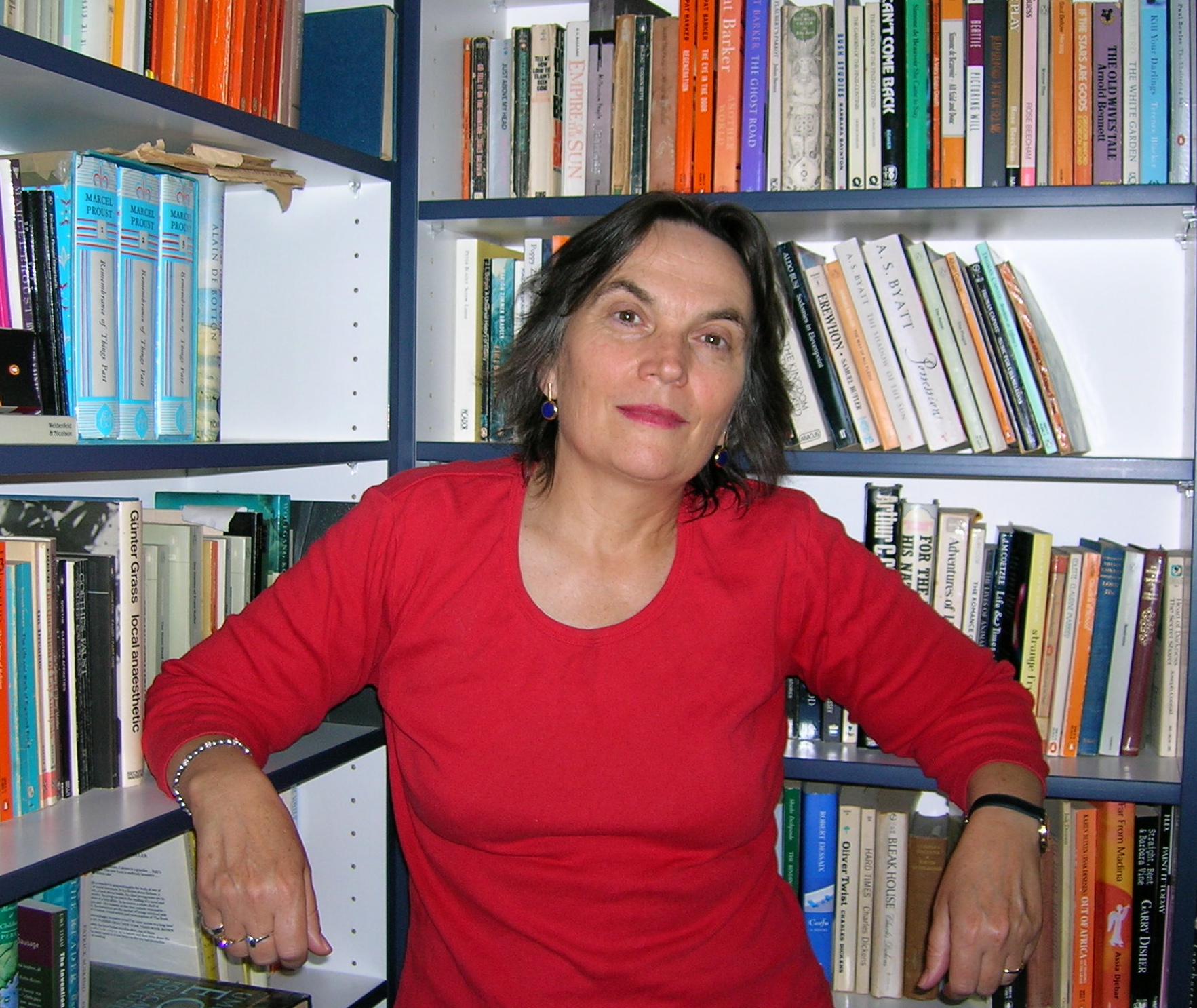Lucy Alexander’s new collection is suffused with subtle observations of nature, childhood, and memory. In imagery loaded with both immediacy and resonance, each ‘stroke’of these luminous poems invokes the sense that great and shifting worlds are coiled within even the smallest of things.
Lucy Alexander conjures up a world that shivers between the deeply familiar, deeply known, and the utterly recondite; between the earth-bound registers of vegetables and household pets, to the elemental registers of water, air, earth and fire, in phrasing that is often grammatically strange, imagistically unexpected. The formal structures of the poems exploit the glorious tension of language: the mystery and witchiness of section 1 trapped within the four walls of the prose poem; the childpoems filled with line or stanza breaks that mirror the half-uttered memories. This is a deeply empathic collection that finds surprise and delight in the most quotidian of places; that respects the pulse and breath of everyday life. – Jen Webb
At the time of writing, Nature is shaking us all by the shoulders, demanding that we reconsider our relationships with the world we briefly inhabit. In Strokes of Light, Lucy Alexander viscerally acknowledges “the slippery world” through which we pass, and the artificiality of distinctions between human and Nature, self and other, “in here” and “out there.” Always look through the crack between the door and its jamb before you open it, cautions an early poem, but this collection emphatically stresses that there is little point in so tentative an action, for already Nature – with all its birds, bushes, beasts and babies – has taken up residence in even our most private domestic spaces. Striking in their unsentimental animism, these are poems for our time; poems that call out your name; poems that hail the wind, but do not follow its instructions. — Oz Hardwick
Your Copy is waiting here.
You are warmly invited to the poetry zoom, over here at the Facebook link below.
The event starts at 6.30pm EST, May 25th 2020 and will take place via zoom.
https://www.facebook.com/events/244473206655652/










